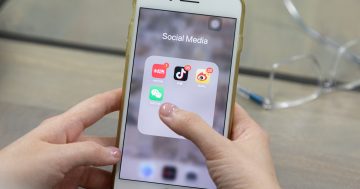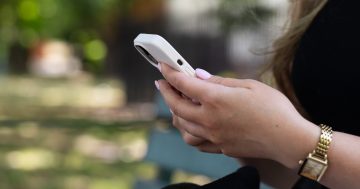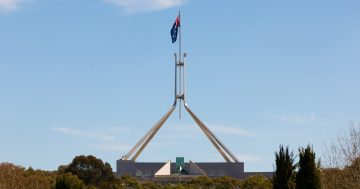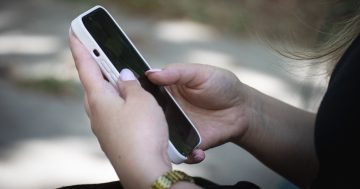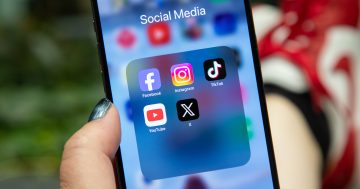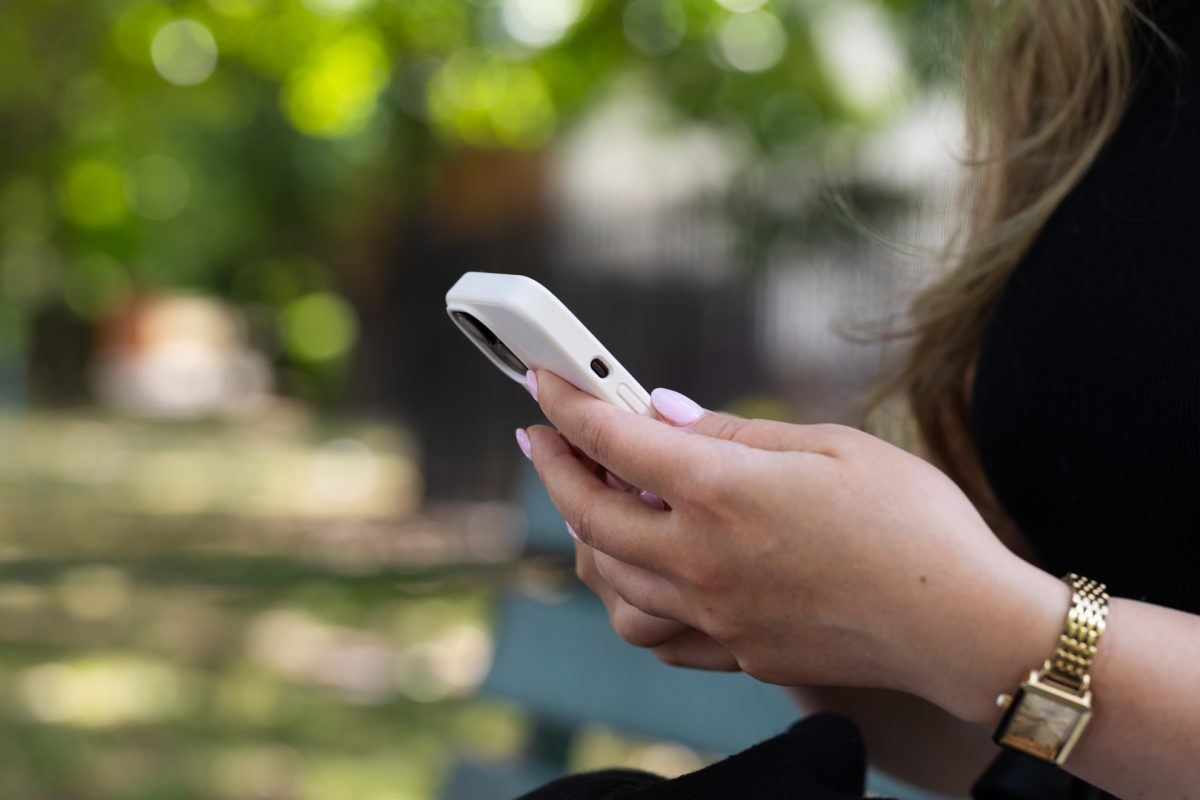
Legislation for the social media ban for under 16s was the subject of a rushed Senate inquiry on Monday. Photo: Michelle Kroll.
A snap one-day Senate inquiry into the Federal Government’s proposed social media ban for those under 16 has seen the digital industry’s umbrella group admit the platforms aren’t perfect while also asking for more time to consult on the new laws.
As Anthony Albanese was speaking in the House of Representatives Monday morning (25 November) in support of the amendment bill, the Digital Industry Group was fielding questions in the Senate, along with senior public servants, psychologists and anti-bullying advocates.
The Prime Minister described the bill as landmark legislation that would give parents peace of mind and allow children time to mature enough to better identify online dangers.
“We build up the mental resilience to ignore the worst of the nastiness,” Mr Albanese said.
“We learn the difference between online followers and true and real friends, we learn not to measure ourselves and our lives against impossible standards or a fake image of perfection.
“If children don’t have that chance to learn, if they don’t have the grounding of real experiences and real friendships to support, if they fall into the vortex of thinking what happens online is all that matters, then we know the consequences can be devastating.”
The PM said that the APEC and G20 leaders he had met in South America were looking at Australia’s example on the social media front.
“They are applauding what we are doing in showing leadership in this area,” he said.
The Prime Minister called for unanimous support for the legislation.
He won’t get that, but it is set to pass this week.
Independent MP Zoe Daniel, however, introduced her own Private Member’s Bill as an alternative to Labor’s, calling for social media platforms to be accountable for their algorithms.
“I think that where we need to get to is forcing the platforms to take responsibility for the safety of their spaces,” she said.
“This will make social media a safer experience for all Australians.”
Meanwhile, in the Senate, the managing director of Digital Industry Group, Sunita Bose, admitted to a hastily-called inquiry that social media platforms are far from perfect, but they do have safety guardrails.
“In young people’s determination to get online and to connect with others, there is a risk that they will go to darker, less safe, less regulated online spaces where they won’t be able to seek help,” she said.
“And they may be unwilling to share with a parent that they’ve done so.”
Anti-bullying group Project Rockit gave evidence that rural and remote children, as well as those from minority backgrounds often take to social media to get help.
“The reality is, for many young people, this is support that they simply cannot access anywhere else,” chief executive officer Lucy Thomas told the inquiry.
Clinical psychologist Danielle Einstein, however, said social media was not an appropriate place to seek mental health support.
“We don’t want these sorts of communities at this age to be replacing live communities,” she said.
“This bill is not taking away the internet; you can still get information from the internet.”
The Communications Department also fronted the inquiry, suggesting tech giants could be sued if they allowed young teenagers to get away with using virtual private network connections (VPN) as a way to get around the ban.
A VPN could look like a connection was being made from outside Australia where the ban doesn’t apply.
Department bosses said the eSafety Commissioner would be supported in litigation against the social media companies found to be allowing that to happen.
The Senate inquiry was allotted three hours to question stakeholders, with the requirement to deliver a final report the following day (Tuesday, 26 November).
Original Article published by Chris Johnson on Riotact.




